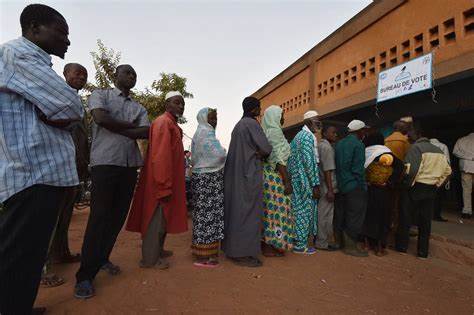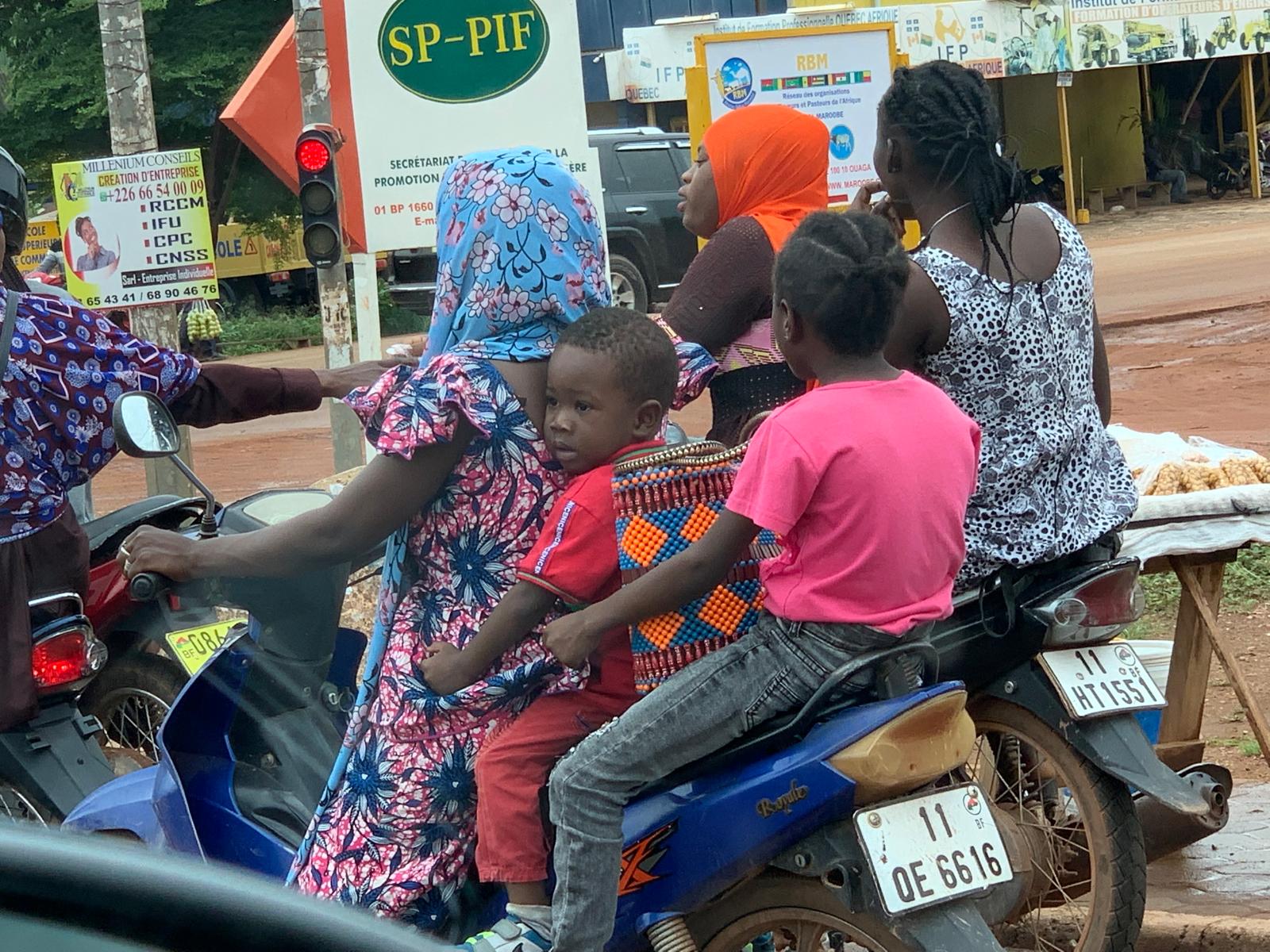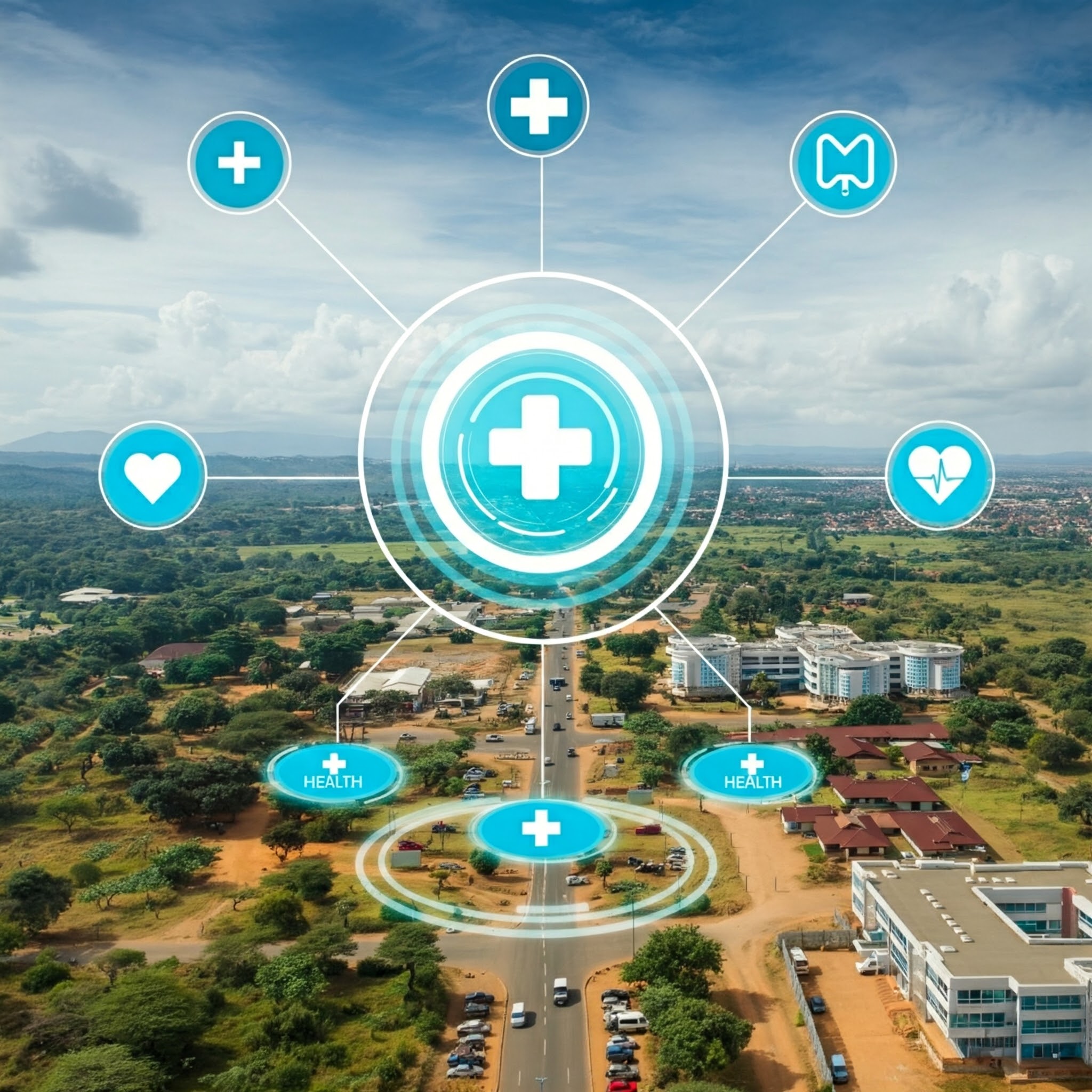
Definition of the community vision of housing in the UEMOA area
The Assignment
The overall objective of the mission is to define a community vision and develop a regional housing strategy, with a view to enabling the UEMOA Commission to position itself in the housing sector and to create a network of partners with national, regional or international stakeholders.
ALG is responsible for providing technical support to the UEMOA Commission, through the departments involved in the implementation of the Promotion of Affordable Housing Financing (PFLA) and the development and elaboration of regulatory tools (directive & harmonization of texts) and in the definition of a regional housing strategy. The firm is associated in this mission with two architectural firms: Orule Architecture and Urba Tropiques.
More specifically, it involves: “Co-constructing with stakeholders the tools promoting the implementation of a strengthened regional policy in the field of affordable housing production, in line with the objectives and recommendations of the Millennium Development Declaration”.
Assist the UEMOA commission in the development of a regulatory framework document for the production of affordable housing.
Challenges and Strategic Approach
The West African Economic and Monetary Union (UEMOA), which includes member states such as Benin, Burkina Faso, Côte d’Ivoire, Guinea-Bissau, Mali, Niger, Senegal, and Togo, faces significant housing challenges. The community vision for housing in the UEMOA area emphasizes the need for accessible, affordable, and sustainable housing solutions that cater to the growing urban population while promoting social equity and economic development.
Challenges
1. Urbanization Pressure: Rapid urbanization has led to a surge in housing demand, often outpacing supply. This has resulted in the proliferation of informal settlements and inadequate housing conditions.
2. Financial Constraints: Limited access to affordable financing options hampers both individual homebuyers and housing developers. High-interest rates, lack of mortgage products, and insufficient investment in housing infrastructure pose significant barriers.
3. Policy and Regulatory Framework: Inconsistent policies and regulatory environments across member states complicate the implementation of housing initiatives. There is often a lack of coordination among governmental bodies, leading to fragmented approaches to housing development.
4. Social Inequality: Marginalized groups, including women, youth, and low-income households, frequently face discrimination in accessing housing. This exacerbates social inequalities and hinders community cohesion.
5. Environmental Sustainability: With increasing climate change impacts, there is a pressing need for sustainable housing solutions that minimize environmental degradation and enhance resilience to natural disasters.
Strategic Approach
1. Integrated Housing Policies: UEMOA member states should develop comprehensive housing policies that align with regional goals. These policies must promote inclusivity, ensure equitable access to housing, and facilitate the development of affordable housing projects.
2. Financial Innovations: Encouraging the development of innovative financing mechanisms, such as microfinance, public-private partnerships, and housing cooperatives, can enhance access to housing finance. Additionally, establishing a regional housing fund could support low-income housing initiatives.
3. Capacity Building and Training: Enhancing the skills of local authorities, architects, and builders through training programs can improve the quality of housing. Knowledge-sharing initiatives among member states can also foster best practices in housing development.
4. Community Engagement: Involving communities in the planning and implementation of housing projects ensures that developments meet local needs. Participatory approaches can empower residents, leading to more sustainable and accepted housing solutions.
5. Sustainable Development Practice: Integrating sustainable construction methods and materials into housing projects can mitigate environmental impacts. Promoting energy-efficient designs and green spaces within urban areas will contribute to healthier living conditions.
The community vision for housing in the UEMOA area must address the multifaceted challenges of urbanization, finance, policy, social inequality, and sustainability. By adopting a strategic approach that encompasses integrated policies, innovative financing, capacity building, community engagement, and sustainable practices, UEMOA can pave the way for a more equitable and resilient housing landscape. This vision not only seeks to improve living conditions but also strengthens the socio-economic fabric of the region, fostering inclusive growth for all its inhabitants.









